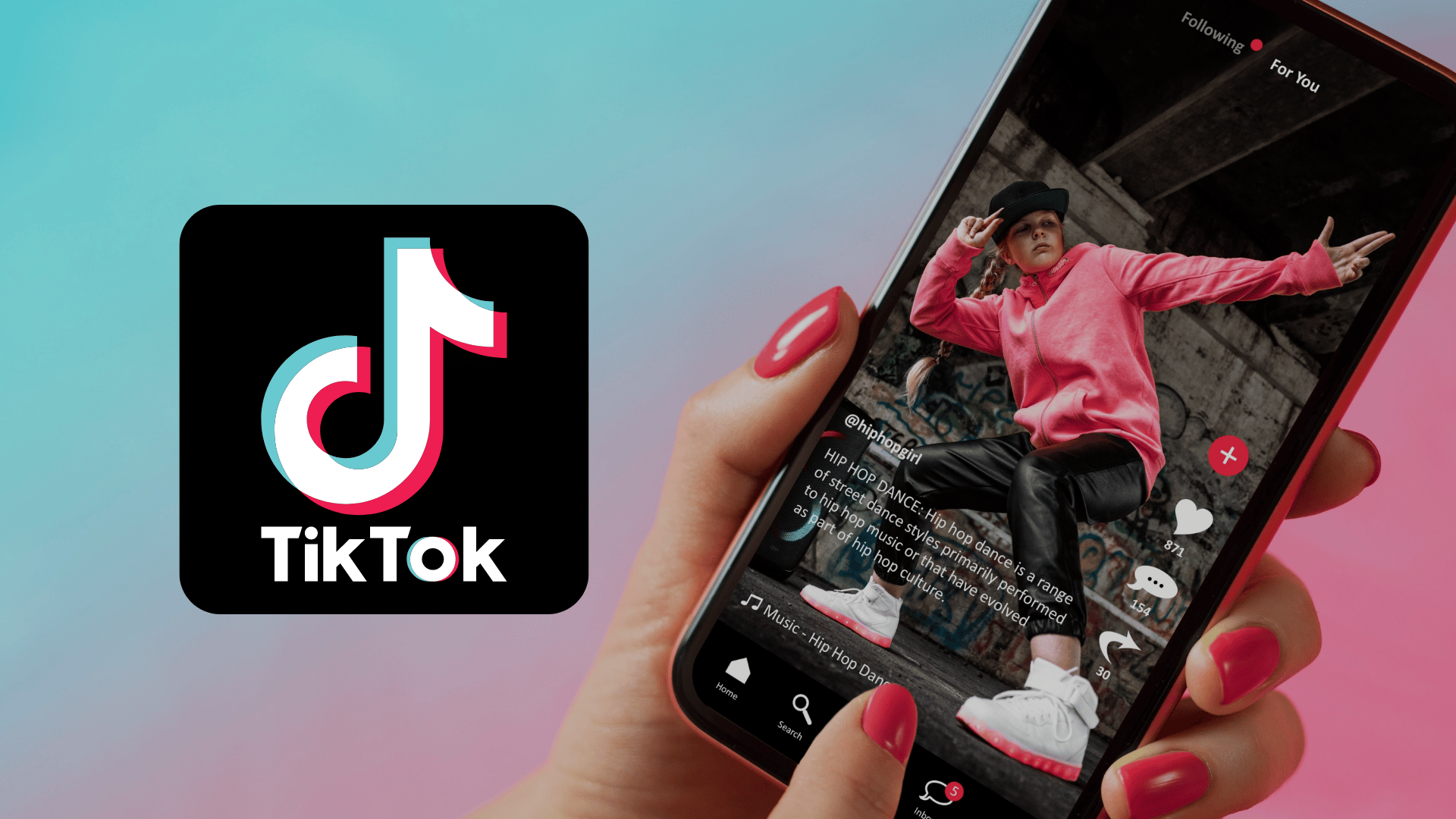We can admit it. We've all fallen for old wives' tales, hacks, and myths about how to boost website traffic by X amount in no time. It's really tempting to want a quick fix for SEO, a notoriously complicated process.
Honestly, if a solution sounds too good (or silly) to be true, chances are it is! But that doesn't stop even the best of us from getting sucked into wishful thinking.
Recently, SEO consultant Helen Pollitt took to Twitter to ask this enlightening question: What's the weirdest thing a client or colleague has told you "helps with SEO"?
The answers did not disappoint! Let's take a look at a few client SEO myths as told by SEO experts and talk about what to do in your growth content development instead.
1. The literal approach.
Needless to say, this does not really do anything for you. Putting "mobile" in the site URL does not tell a search engine that your site is mobile-ready, it just tells the search engine that "mobile" is in the URL.
What to do instead: Keep producing high quality content and invest time in optimizing your site for mobile viewing.
✍️ Content development got you spiraling? We've identified 4 useful tools for a low-stress content strategy. →
2. The bold take.
While bolding and underlining phrases on a web page or block post can be helpful for the reader, this is not going to trick Google into ranking for those bold, underlined words. This is a waste of effort and could end up negatively impacting the reader's experience. See how strange that first sentence looks?
What to do instead: Don't bold and underline your keywords, but do emphasize important pieces of information for readers. Use internal linking strategically on keywords to link web pages to blog posts and other content to boost your website's SEO.
3. The conspiracy theorist. 👀
This is just...not true. Using Google Search Console is not like checking your credit score, and you will not be penalized!
What to do instead: Ignore this advice! And do your own research into what SEO tools fit your budget, goals, and website.
4. Bad location, location, location.
First of all, props to this client for thinking outside of the box. Unfortunately, adding SEO keywords to a banner ad won't do anything for your website's SEO, though PPC ads will help drive paid traffic to your site.
What to do instead: Focus on link building with backlinks (a link from another website to your own). Backlinks let search engines know that other sites consider your site a legitimate source and help you build your own site authority.
5. The hide-and-SEOker.
Again, this person gets kudos for creative thinking. However, out-of-context keyword stuffing is not going to do much for the website and it's definitely not worth the extra effort. Plus, Google isn't really a fan of this method.
What to do instead: Focus on long-term SEO strategies instead of short-term strategies like keyword stuffing. Remember that you should be writing for people, not AI. Use keywords responsibly and create content that readers want to read and share.


-AK-148968-preview.png?width=842&height=310&name=1.01-1x1px-Embertribe-(Client-Services)-AK-148968-preview.png)









.png?width=810&height=810&name=TJ%20Jones%20-%20%20CoFounder%20EmberTribe%20(1).png)


%20-%20500x500%20-%20SP%20-%2045.01.png)
%20-%20500x500%20-%20SP%20-%2049.01.png)
%20-%20500x500%20-%20SP%20-%2057.01.png)


.png)